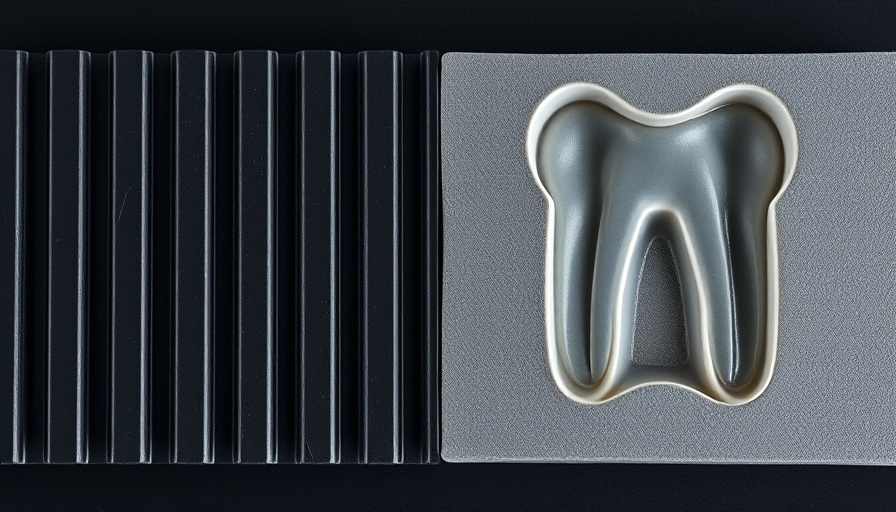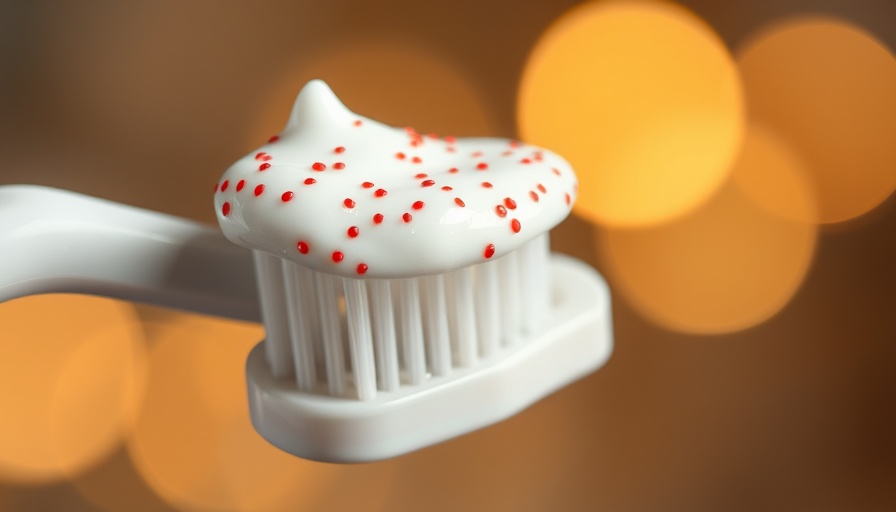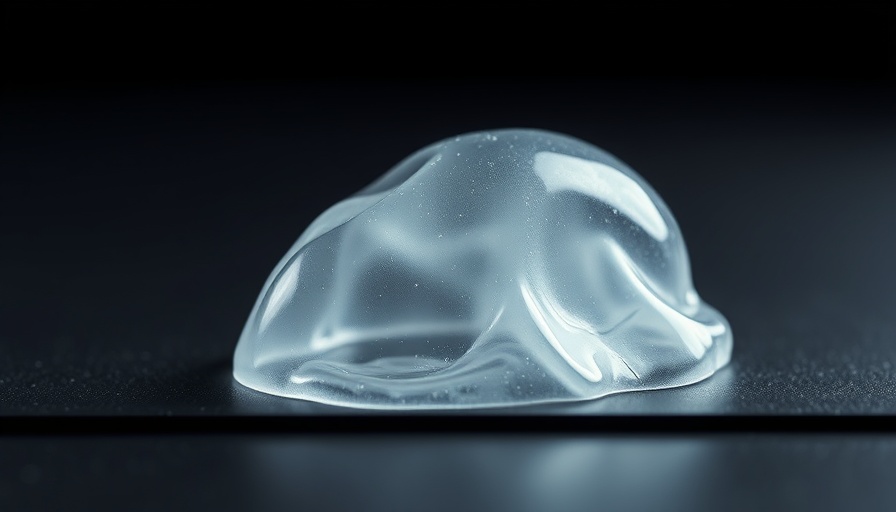
How Orange Juice Harms Dental Restorations: Revealing Insights from Recent Study
A recent study has surfaced highlighting a surprising relationship between orange juice and the durability of dental restorative materials. The findings indicate that consuming orange juice can significantly reduce the microhardness of resin restorative materials, raising concerns about their long-term viability in dental practices.
Understanding the Erosive Effects of Acidic Beverages
The study in question rigorously examined the erosive potential of beverages like cola and orange juice on restorative materials used in dentistry. Researchers discovered that both compomer and giomer materials displayed increased surface roughness after immersion in these drinks, with cola demonstrating a notably higher erosive potential than orange juice.
Acidic beverages lower the pH in the oral environment, which can lead to irreversible damage to dental restoratives. This study's conclusions align with earlier works indicating that citrus-flavored drinks pose substantial risks, especially for patients with restorative dental work.
Comparative Analysis: Cola vs. Orange Juice
While the current study emphasizes the negative effects of orange juice, it’s essential to consider the comparative consequences of cola. According to the research, specimens immersed in cola exhibited a roughness value of 0.67, significantly higher than those exposed to orange juice, which recorded a value of 0.52. This data suggests that cola possesses stronger erosive properties, yet does not mitigate the risks associated with citrus beverages.
As outlined in another article on dental health, juices like orange contain naturally occurring sugars and acids that, despite their nutritional benefits, can lead to increased susceptibility to enamel erosion if consumed excessively. This reiterative theme underscores the idea that while some fruit juices offer vitamins and antioxidants, they can also pose risks when it comes to dental health.
The Bigger Picture: Nutritional Benefits vs. Oral Health Hazards
With the nutritional benefits of orange juice popularized over the years, its recent downgrade in health star ratings from five stars to just two in Australia raises eyebrows. Although rich in vitamin C and antioxidants, the acidity and sugar content puts it at odds with dental safety. The Australian Dental Association advocates for limited fruit juice consumption, emphasizing the need to promote whole fruits instead. Eating whole oranges preserves the fiber content and mitigates the risk of dental erosion.
Expert Opinions: Balancing Dietary Choices
Dental experts express a growing concern regarding the rise of dental erosion linked to acidic diets, particularly in regions where soft drinks and fruit juices dominate consumption patterns. They encourage individuals to be cognizant of dietary choices, establishing a balance between enjoying the benefits of certain beverages while being mindful of their potential harm.
Associate Professor Mathew Hopcraft states, ‘Juices provide immediate nutrients, but their sugar and acidity can contribute to significant dental erosion. A shift toward whole fruits could mitigate these adverse effects, fostering better oral health while reaping nutritional benefits.’
Future Considerations: Preventative Strategies for Dental Health
In light of the findings from the recent study and supporting literature, consumers are urged to take proactive measures regarding their beverage choices. Regular dental check-ups, usage of fluoride treatments, and minimizing acidic food intake can foster a healthier dental environment.
Further studies are necessary to understand the long-term implications of acidic drinks on dental materials and how various factors like salivary buffering capacity can affect restoration durability. Dentists and researchers must jointly explore preventative measures that enhance material performance against erosive challenges presented by common beverages.
 Add Row
Add Row  Add
Add 




Write A Comment